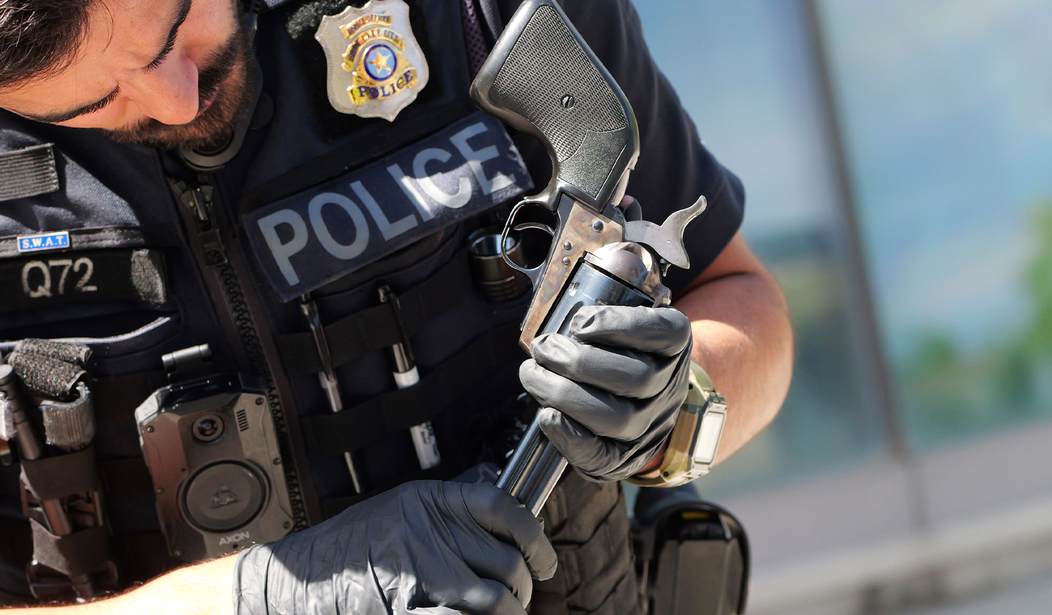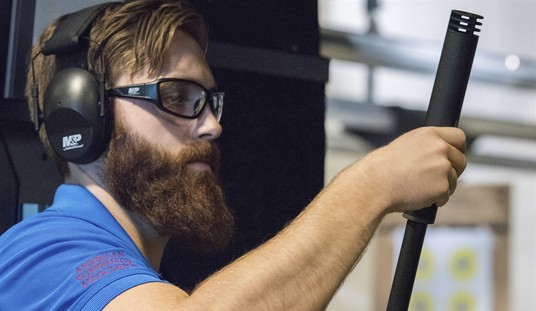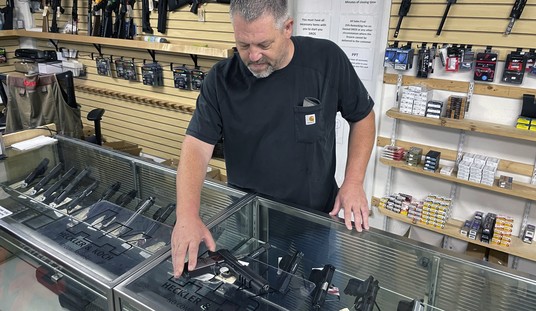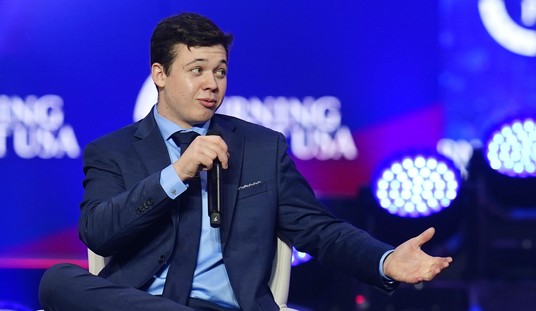Minnesota is one of a couple of states that flipped to complete Democratic control (okay, technically Democratic Farmer Labor control) on Election Day, though the margins are tight in both the House and Senate. In fact, in the latter body the DFL has just a one-vote majority, which means that any new gun control legislation is probably going to have to have the support of the entire caucus in order to pass.
We don’t know what the DFL leadership’s priorities are going to be, but it’s a pretty good guess that they’re going to want to do something with gun control, even if it’s just to check the box. One good sign for gun owners? The Minnesota Post recently sent questionnaires to four newly-elected DFL state senators asking where they stood on a number of issues, including support for a “red flag” firearms confiscation law, and the results were far from unanimous.
Heather Gustafson, who will represent a district in the eastern and northern suburbs and exurbs of St. Paul, told the Post that she’s in favor of such a law, describing herself as part of a hunting family but also a “public school teacher who has had to conduct five active shooter drills a year and tell my kids about which window is safe to jump out of and if the door is bulletproof or not.” Does Gustafson really think those drills will stop if the state passes a red flag law? I doubt it, but she’s got her talking points down.
Judy Seeberger, who won another district in the eastern part of the Twin Cities metro, is also a public school teacher, and like Gustafson, indicated support for a red flag law on her questionnaire.
Now here’s where it gets interesting. The other two DFLers who the Post quizzed won their seats far beyond the progressive confines of the Minneapolis-St. Paul area and they both expressed hesitation to varying degrees.
In Senate District 3, DFL candidate and Hermantown councilman Grant Hauschild beat Republican Andrea Zupancich of Babbitt in a contest to determine who would replace Sen. Tom Bakk, the longtime Democrat turned independent. Hauschild worked for the former U.S. Sen. Heidi Heitkamp of North Dakota and the U.S. Department of Agriculture before moving to Minnesota, where he also runs a large health care foundation.
Hauschild’s victory had some drama: It was the last competitive race to be called, leaving the balance of the Legislature in limbo till the wee hours of Wednesday morning after election night. In the end, he won out by 1.6 percentage points.
Hauschild does support legalizing recreational marijuana and said he supports progress toward a clean energy economy that could help address climate change. But he declined to comment further on specific policies he might support and also wouldn’t expand on his views on gun laws.
On the campaign trail earlier this year, Hauschild told MinnPost he would need to learn more about the specifics of any red flag proposal, but said it’s not something he was proposing or looking into. He said he’s “not somebody that is favorable towards major gun control issues,” though he also said the Legislature should consider “what it is we can do to make sure that we’re reducing gun violence and gun deaths.”
“It’s just I think up here a lot of folks are concerned about outdoor recreation, having hunting land, being able to do that with their families and have that tradition,” Hauschild said at the time. “That’s something that I’ll always protect, and it’s not really an issue that I’m focusing much on.”
I’m going to have a piece coming up this weekend on the Democrats’ growing inability to win over rural voters, which as you might expect, I think has a lot to do with the party’s lock-solid embrace of the gun control lobby and its deep-pocketed donors. Guys like Hauschild didn’t get elected in a pretty rural district because he was pulling a Beto and promising to take people’s AR-15s away. He said he’s not in favor of “major gun control issues,” as a matter of fact.
The last newly-elected state senator to be quizzed was Rob Kupec, who held on to a DFL-controlled seat in a district that went for Donald Trump by about 3-points in 2020. Kupec told the Post that he’s concerned about the particulars of any red flag proposal, though he doesn’t seem to object to the law in theory. Most importantly, Kupec says that before he would “move in that direction” of supporting a red flag law he would want to talk to both local law enforcement and voters in the district.
It looks like the DFL will start the legislative session without the votes necessary to pass a “red flag” law in the state Senate, and perhaps any gun control legislation at all. There’ll be enormous pressure on Hauschild and Kupec to toe the party line and “do something” on guns, but I’d be willing to bet money that their constituents would much rather see them address the crisis in rural mental health (and the state’s “bed capacity crisis” for inpatient mental health facilities) than pass a problematic and legally suspect “red flag” law that takes guns away from people deemed by a judge to be dangerous, but involves no mental health treatment whatsoever and continues to give them access to knives, cars, gasoline, matches, and of course any gun they might be able to obtain illegally.
As for things like a gun or magazine ban, while the Post didn’t specifically ask about those measures, Hauschild and Kupec are going to run into even more grassroots opposition if they indicate support. SD-3 and SD-4 are going crucially important for Minnesota gun owners over the next couple of years, and I’m sure that the excellent group of activists at the Minnesota Gun Owners Caucus will be reaching out; not only to the senators themselves but their gun-owning constituents, who’ll need to speak up and turn out in support of their rights even if they’ve never done so before.









Join the conversation as a VIP Member